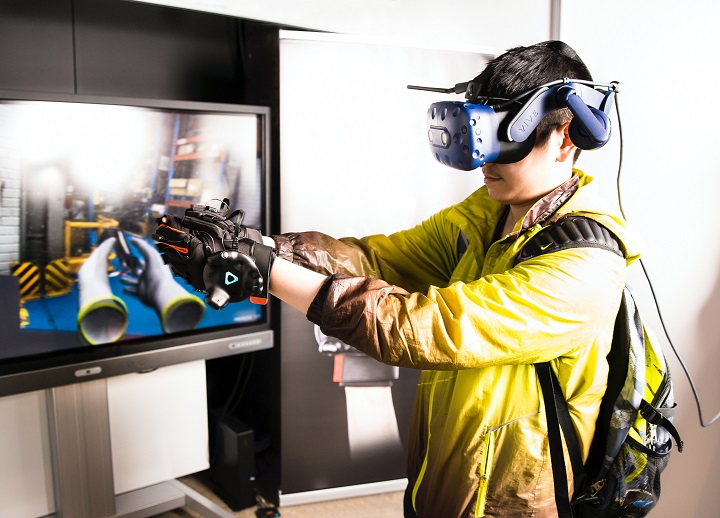Science fiction has once again served as an inspiration to create, transform and evolve in the real world. On this occasion, a term coined by Neal Stephenson in his novel Snow Crash (1992), gains more force than ever and it is about the Metaverse. The writer, at the time, conceived it as a digital environment that functioned as a real space for its users, where 60 million people could interact, negotiate and have fun.
At present, the technological giants are competing to materialize this idea and lead the new virtual world in which the technologies that we already know and those that are about to emerge are expected to converge. The concept refers to the interconnection of three-dimensional spaces that people can easily access, in the same way as happened with the transition from the use of conventional telephones to that of Smartphones. At first it could be seen as something far away but then it became an inmittent reality.
This new space is expected to signify the great evolution of the Internet, combined with the striking immersive technologies: virtual reality (VR) and augmented reality (AR). What you want to achieve is the staging of the conglomerate of new technologies to make sensory experiences better and more real. In fact, the need to create a robustpayment system is anticipated for avatars to exchange goods and / or services. This could well be developed through blockchain technology, such as cryptocurrencies or non-fungible tokens (NTF), which even allow their value to be exchanged in the real world.


Everything mentioned is perceived in a wonderful way, however, it is no secret to anyone that the notion of a human being within the metaverse 24 hours a day is implausible. What may be a fact is that devices to enter the virtual universe will gradually replace smartphones, laptops and tablets. To do this, experts have established a projection that the metaverse will be ready in 10 to 15 years.
However, the vast majority in the world will have to face connection problems and telecommunications companieswill have to satisfy the high demand for data so that the virtual universe can operate. Likewise, it is important to note other risks such as the security and privacy of user data because by increasing the number of devices and sensors they will be providing personal information.
Regarding the subject of devices, the Meta company is developing a haptic prototype that consists of a glove covered with fluted and inflatable plastic pads (actuators) that are tiny motors adjustable to the palm of the hand and the user’s fingers. The purpose is that whoever uses it enters an augmented reality experience, so that when touching a virtual object with the tips of their fingers, they feel the sensation of pressure generated by a physical object. Something against thisartifact is that it is still too big, stiff, expensive and consumes a lot of energy.
Finally, it is extremely important to point out the support and backing that a particular government is giving to this futuristic project. Such is the case of Barbados, the Caribbean Island, made public through its Ministry of Foreign Affairs and Foreign Trade, the announcement that it will establish the first Embassy of a State in the metaverse. It will be the first virtual public body and the first country in the world to recognize the sovereignty of digital lands. For this, the Decentraland company will provide them with the necessary support to obtain land, the creation of institution buildings and the development of services within the digital world.

IC INTERNATIONAL GROUP
Copyright © 2024. Todos los derechos reservados
to save your favourite homes and more
Log in with emailDon't have an account? Sign up
Enter your email address and we will send you a link to change your password.
to save your favourite homes and more
Sign up with emailAlready have an account? Log in